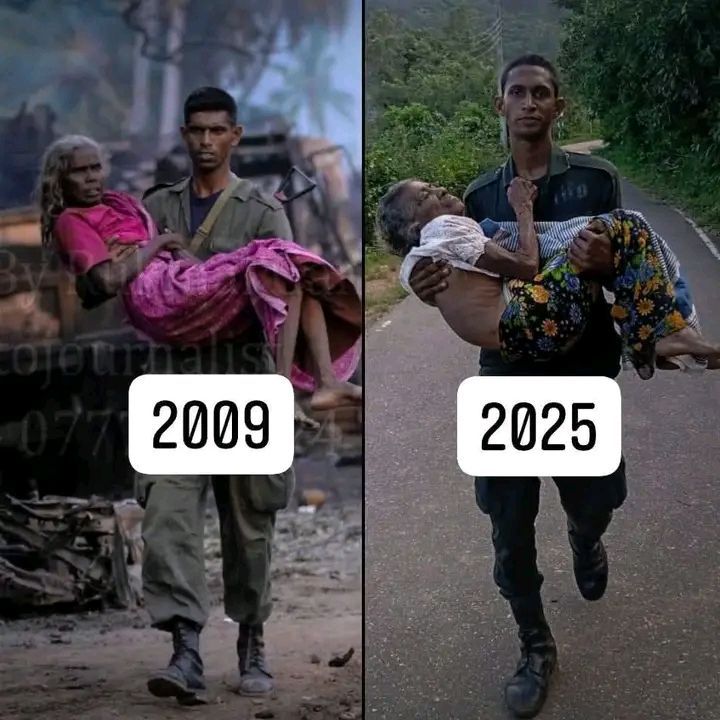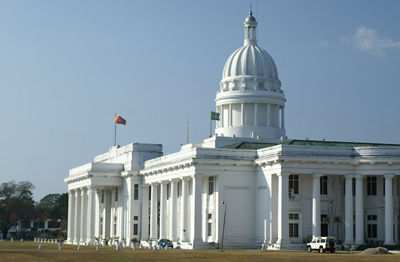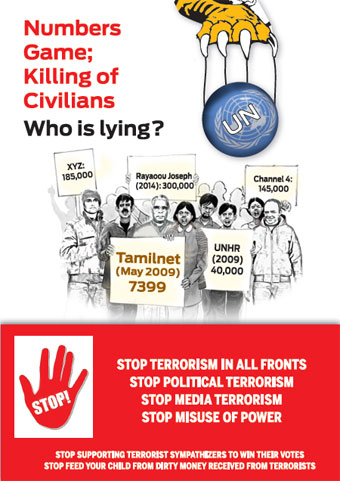Sri Lanka has a new Viceroy
By Rajeewa Jayaweera
According to recent news reports, the Indian High Commissioner to Sri Lanka addressing the workshop on ‘non-tariff measures increasing awareness on Indian standards and regulations under Indo – Sri Lanka Free Trade Agreement ISFTA’, has criticized the Joint Opposition for their opposition to the proposed ETCA.
He has also stated former External Affairs Minister Prof. GL Peiris should have “stuck to law and not gone into politics” and criticized him for “changing his stance on bi-lateral partnerships having previously supported such arrangements, while regularly seeking spiritual sustenance in India”.
Continuing his onslaught, the High Commissioner has stated he felt constrained to join the debate “because I do not think we should let naysayers take all the public space on this issue without anyone else trying to put the facts”.
In a democracy, the Opposition has a crucial role to play. Democracy requires all voices to be heard. Similarly, it is the right of every citizen in a country to enter politics if he / she so desires. It is not the remit of foreign diplomats to criticize the Opposition in the country of accreditation or to comment on the suitability of any citizen to enter politics. Whereas the High Commissioner has every right to point out the positive elements of the ETCA or any such other joint venture, he has no business to decide if ‘naysayers’ should occupy public space or not on such issues. Combining Prof.Peiris’ opposition to ETCA with his need for spiritual sustenance in India, to say the least, is of extremely poor taste and poor statesmanship.
In this instance, the High Commissioner has discarded all diplomatic practices and niceties. He has exceeded his limits. His conduct is incompatible with the status of a Head of Mission accredited to a sovereign country. His conduct is what could be expected of an Imperial Viceroy, appointed to a colony. Sri Lanka had a similar experience with a former Indian envoy in the mid 1980s.
In March 2012, India took exception to comments by our then High Commissioner to India, alleging ties between some MPs of the AIADMK, DMK and MDMK and the LTTE and the need to investigate such ties, resulting in an apology by our then High Commissioner, despite the fact many Tamil Nadu MLAs, successive Chief Ministers and at least two Indian Prime Ministers at different times have had ties with the LTTE. In April 2013, MDMK leader Vaiko complained of an attempt by our then High Commissioner to “instigate North Indians against the people of Tamil Nadu”. He had supposedly stated “Sinhalese have their origins in most of the Northern states of India”. The then Union Minister of State in the PMO, V Narayanasamy, stated the High Commissioner of Sri Lankan “has exceeded his limits” and he should “confine himself to diplomatic work”. In August 2014, AIADMK members in the Rajya Sabha disrupted proceedings in both Houses in protest at a derogatory article mentioning Prime Minister Narendra Modi and Tamil Nadu Chief Minister J. Jayalalithaa on Sri Lanka’s defence ministry web site. Both Houses witnessed repeated adjournments over the issue, until Foreign Minister Sushma Swaraj told the House, “the government has strongly condemned the development. We will certainly summon the High Commissioner of Sri Lanka and convey this to him”.
It is imperative that GoSL shed partisan politics and adopt a bi-partisan stand on this issue. Our Foreign Ministry should take a lesson on how to manage foreign envoys from the Indian External Affairs Ministry. The Indian High Commissioner need be summoned by our Foreign Ministry and requested to explain his statements, as done by the Indians in instances they did not approve of statements made by one of our former High Commissioners.
As for the new Viceroy, who holds a post-graduate degree in History and feels Prof. Peiris should have stuck to law and not gone into politics, he should have stuck to History and not gone into diplomacy!
761 Viewers








